Social media algorithms are one of the tools used by technology companies on the apps, games and websites we use every day. Things such as the videos you watch, links you click, pages you follow or accounts you interact with all help decide what content the algorithms show you.
Tagged with social media
Twitter says it has stopped enforcing its policy on misleading information about coronavirus.
According to the company's website, it stopped taking action against tweets breaching its Covid rules, on Wednesday, 23 November.
Twitter had previously reported suspending more than 11,000 accounts for Covid misinformation as of September this year.
Controversial measures which would have forced big technology platforms to take down legal but harmful material have been axed from the Online Safety Bill.
Critics of the section in the bill claimed it posed a risk to free speech.
The encouragement of self-harm will be criminalised in an update to the Online Safety Bill, the government has said.
Content that encourages someone to physically harm will be targeted in a new offence, making it illegal.
The government said the changes had been influenced by the case of Molly Russell - the 14-year-old who ended her life in November 2017.
Before Zara McDermott appeared on the reality show Love Island in 2018, she says she had a healthy relationship with food and exercise - and she’d never even looked at a calorie.
But finding fame on the popular dating show brought online trolls and bullying, with people commenting on her “body, waist, hips and legs” for the first time in her life.
..Because her videos weren’t getting many views, she felt it “wasn’t a big deal” to have a public account to showcase her family’s life during lockdown, with many of the videos featuring her and her daughters dancing around the house.
The comments she got on the video, many of which revolved around her daughter’s appearance, “horrified” her.




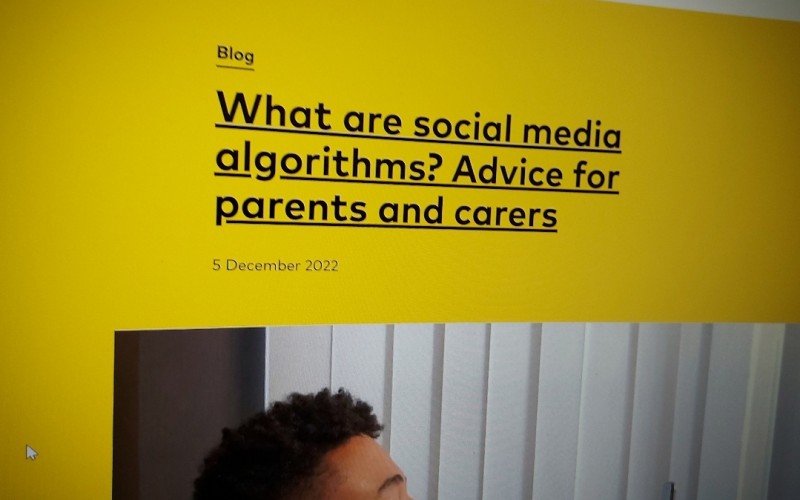
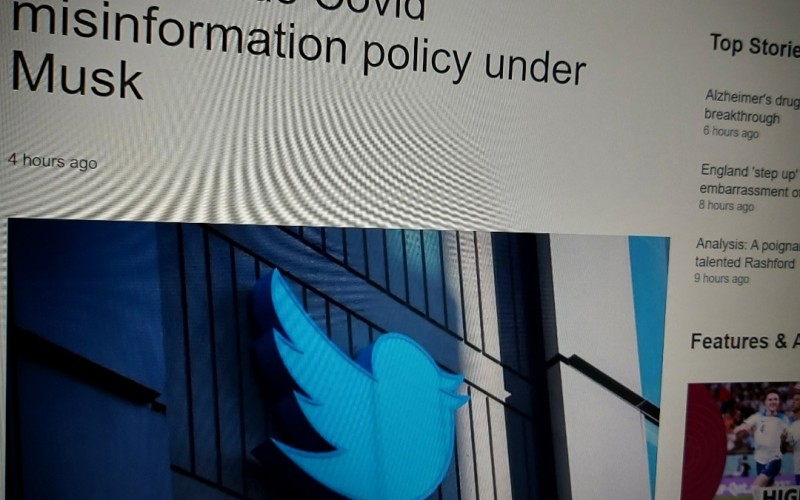
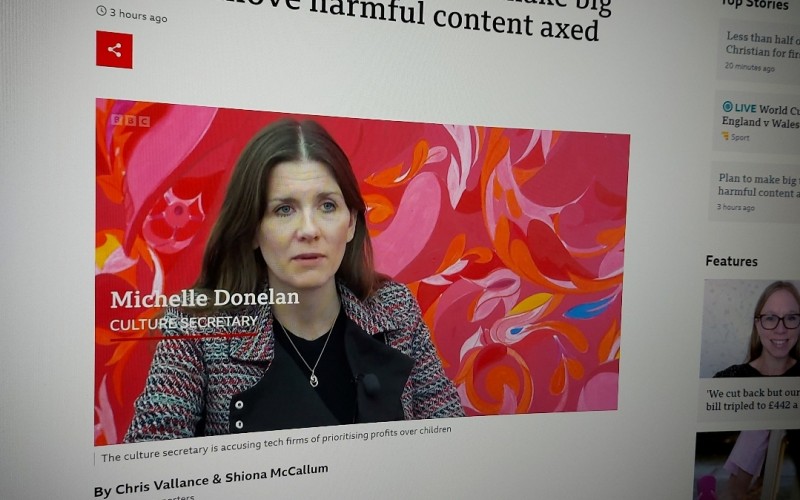
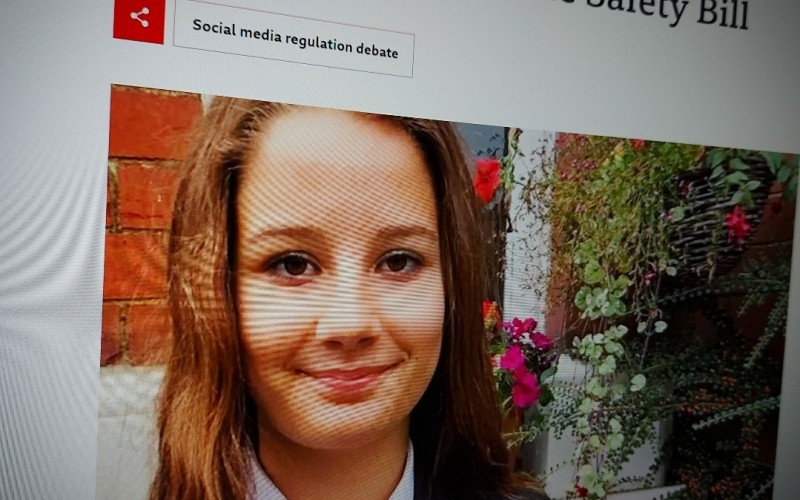
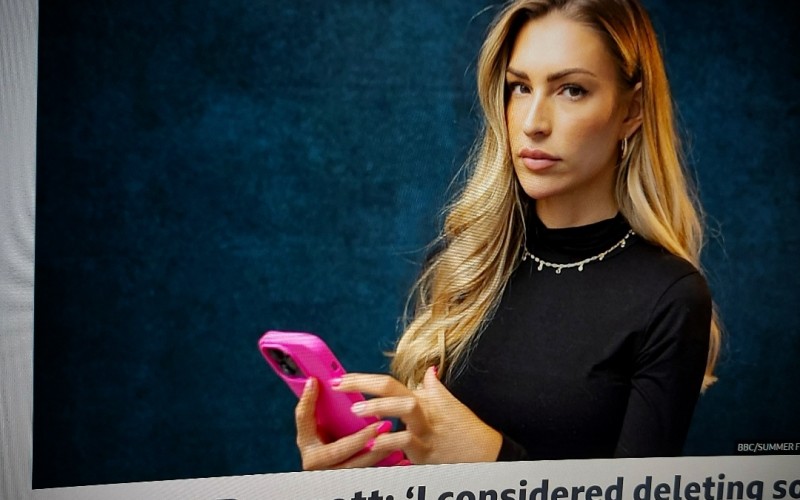
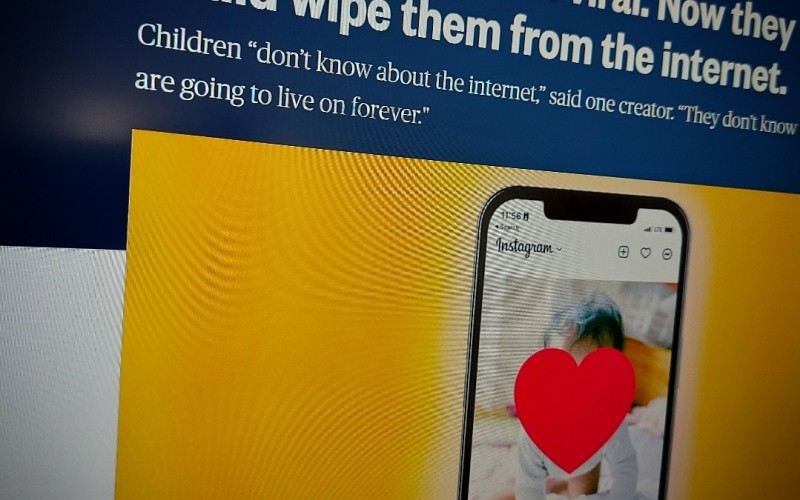
Comments
make a comment